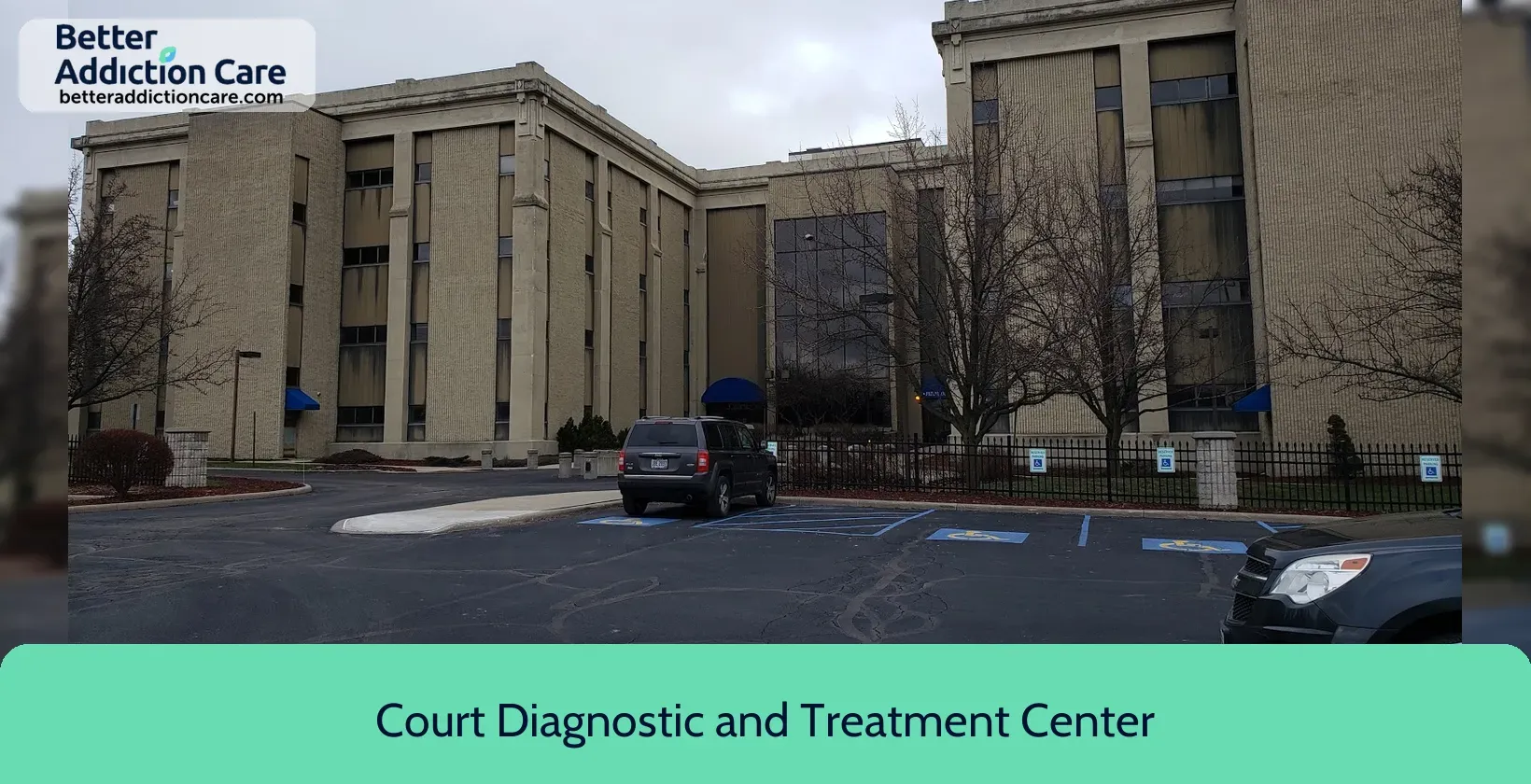Court Diagnostic and Treatment Center
Overview
Court Diagnostic and Treatment Center is a mental health treatment center for people seeking treatment near Lucas County. As part of their treatment modalities for recovery, Court Diagnostic and Treatment Center provides couples/family therapy, group counseling, and cognitive behavioral therapy during treatment. Court Diagnostic and Treatment Center is located in Toledo, Ohio, accepting other state funds for treatment.
Court Diagnostic and Treatment Center at a Glance
Payment Options
- Other State funds
- County or local government funds
- Per session
- Cash or self-payment
Assessments
- Comprehensive mental health assessment
- Comprehensive substance use assessment
Age Groups
- Young adults
- Adults
- Seniors
Ancillary Services
- Court-ordered outpatient treatment
Highlights About Court Diagnostic and Treatment Center
6.71/10
With an overall rating of 6.71/10, this facility has following balanced range of services. Alcohol Rehabilitation: 8.00/10, Drug Rehab and Detox: 6.00/10, Insurance and Payments: 6.00/10, Treatment Options: 6.85/10.-
Alcohol Rehabilitation 8.00
-
Treatment Options 6.85
-
Drug Rehab and Detox 6.00
-
Insurance and Payments 6.00
Accreditations
Commission on Accreditation of Rehabilitation Facilities (CARF):

Established in 1966, the non-profit organization known as the Commission on Accreditation of Rehabilitation Facilities (CARF) has a dedicated focus on accrediting rehabilitation organizations. CARF's primary mission is to assist service providers, particularly rehabilitation facilities, in upholding and promoting the highest standards of care.
Treatment At Court Diagnostic and Treatment Center
Treatment Conditions
- Alcoholism
- Mental health treatment
- Substance use treatment
- Co-occurring Disorders
Care Levels
- Outpatient
Treatment Modalities
- Couples/family therapy
- Group counseling
- Cognitive behavioral therapy
- Dialectical behavior therapy
- Integrated Mental and Substance Use Disorder treatment
Ancillary Services
Languages
- Sign language services for the deaf and hard of hearing
Special Programs
- Clients with co-occurring mental and substance use disorders
- Criminal justice (other than DUI/DWI)/Forensic clients
- Clients who have experienced trauma
- Persons with post-traumatic stress disorder (PTSD)
Get Help Now
Common Questions About Court Diagnostic and Treatment Center
Contact Information
Other Facilities in Toledo

7.79
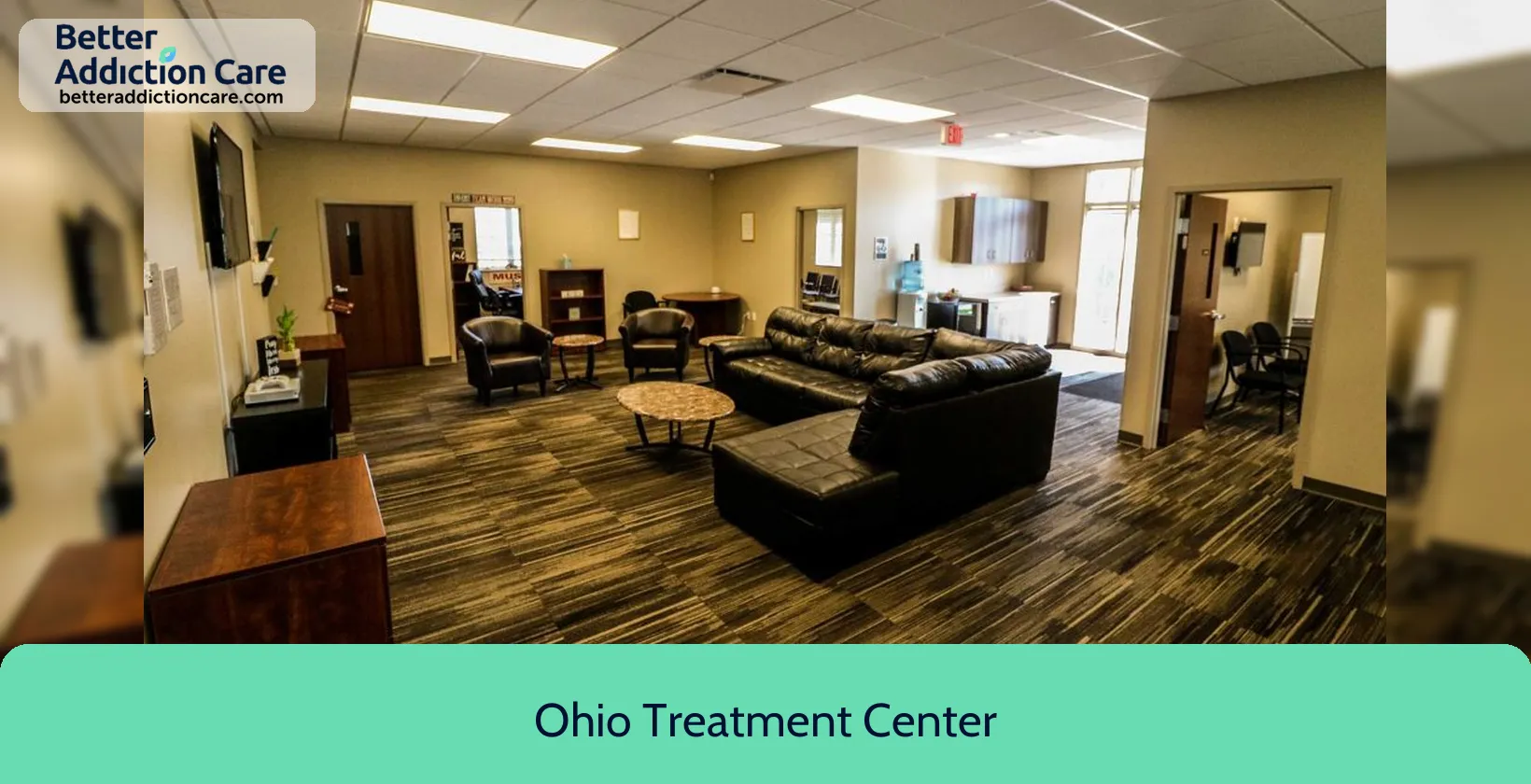
6.74

6.71

7.41
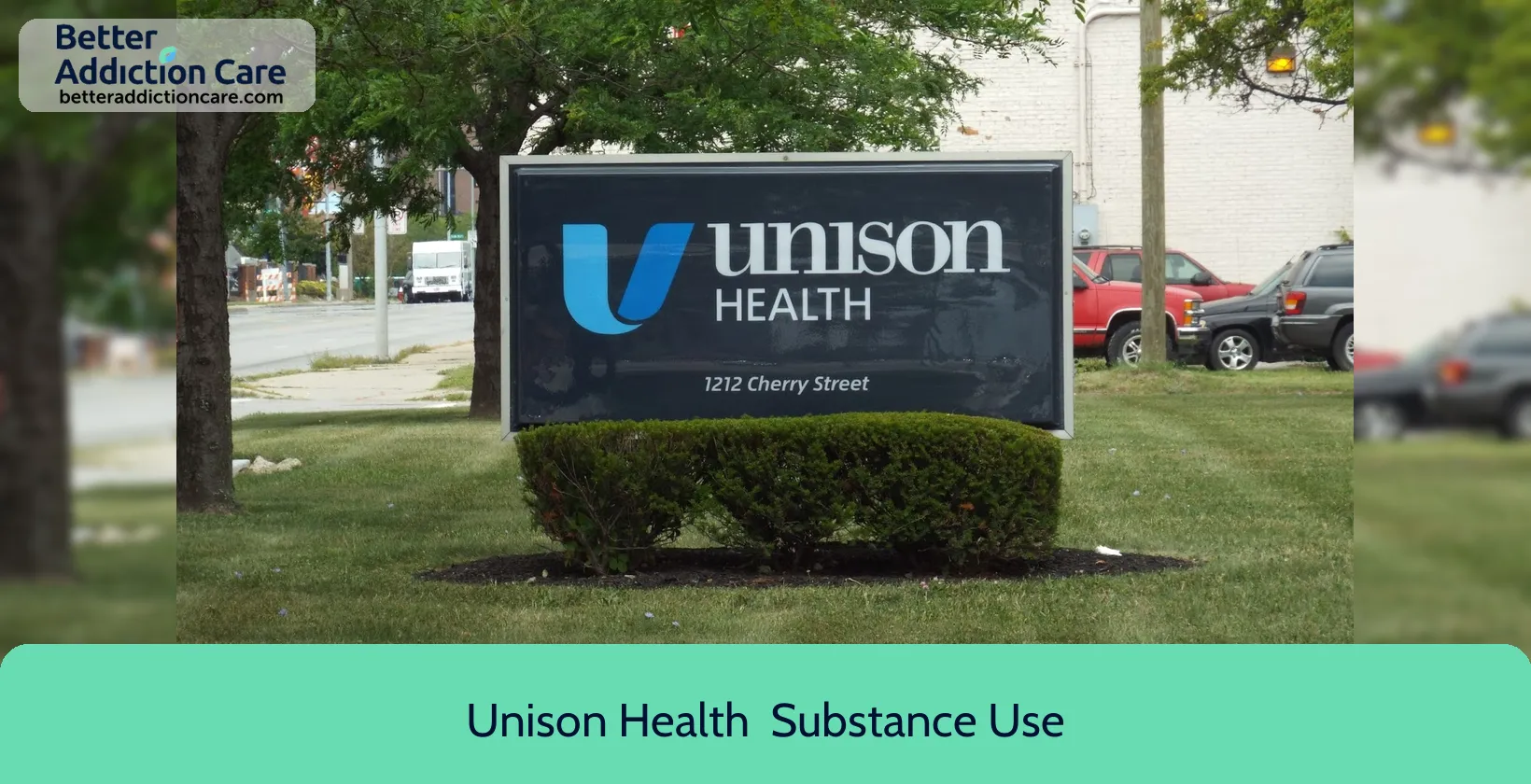
7.36
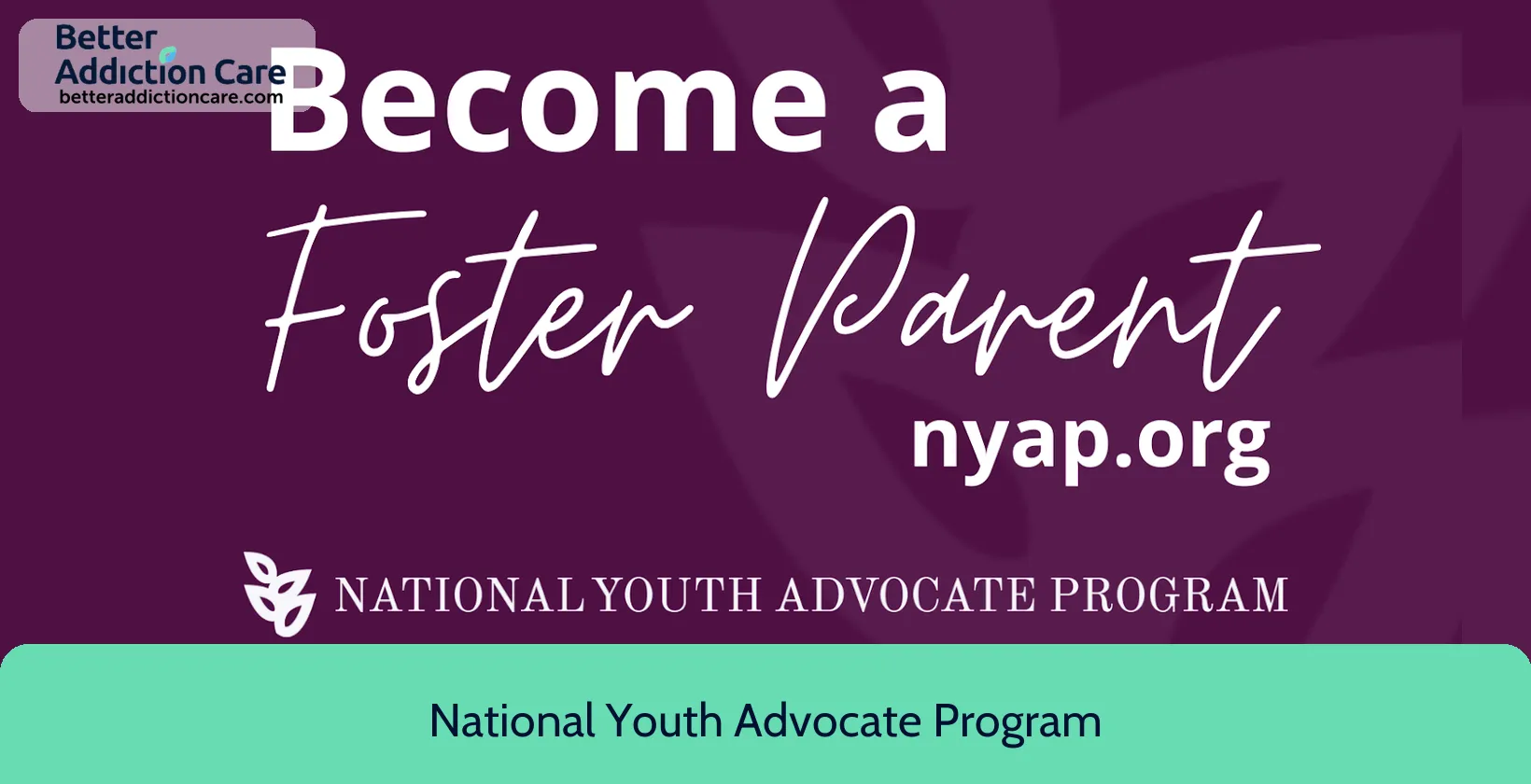
6.71
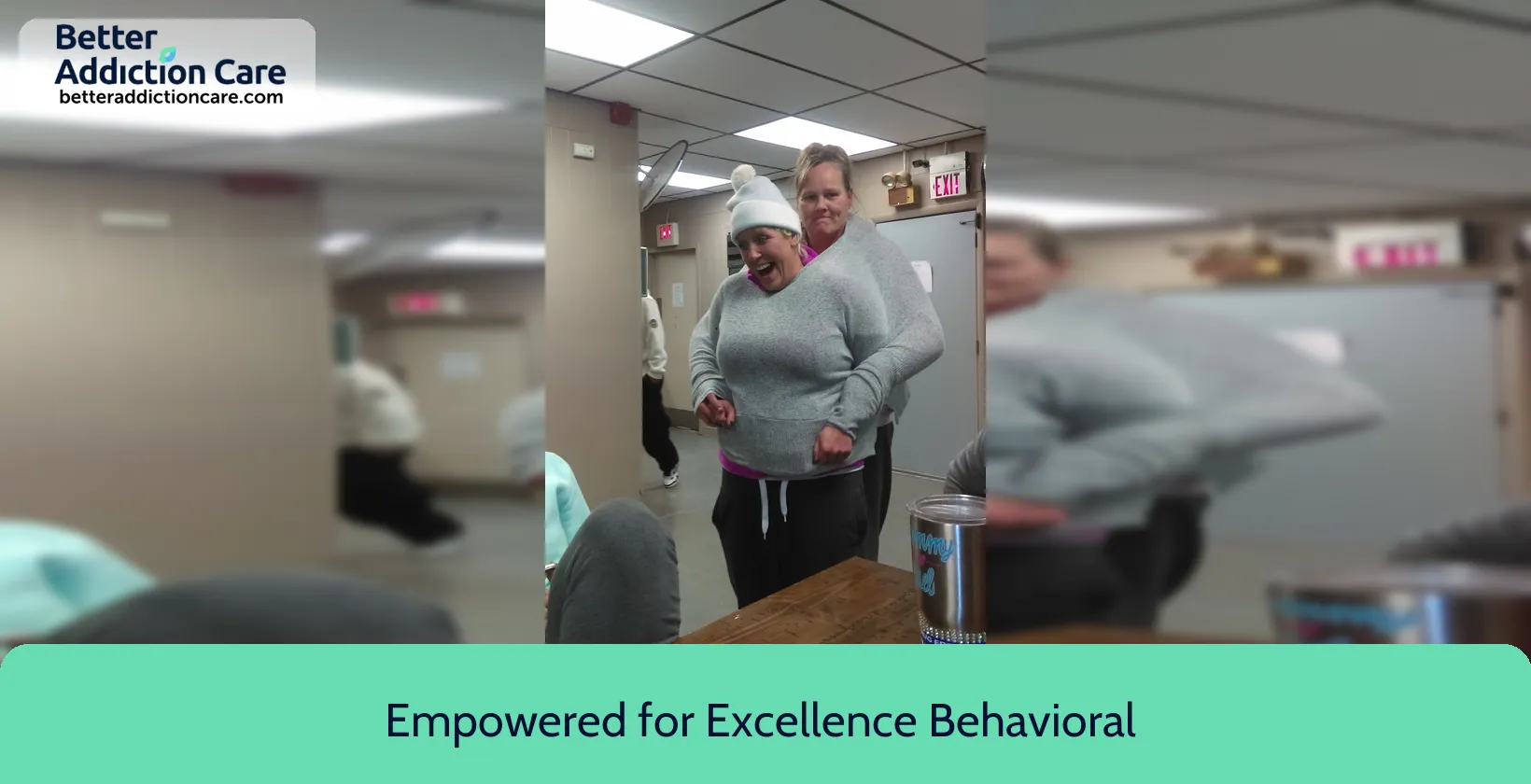
7.26
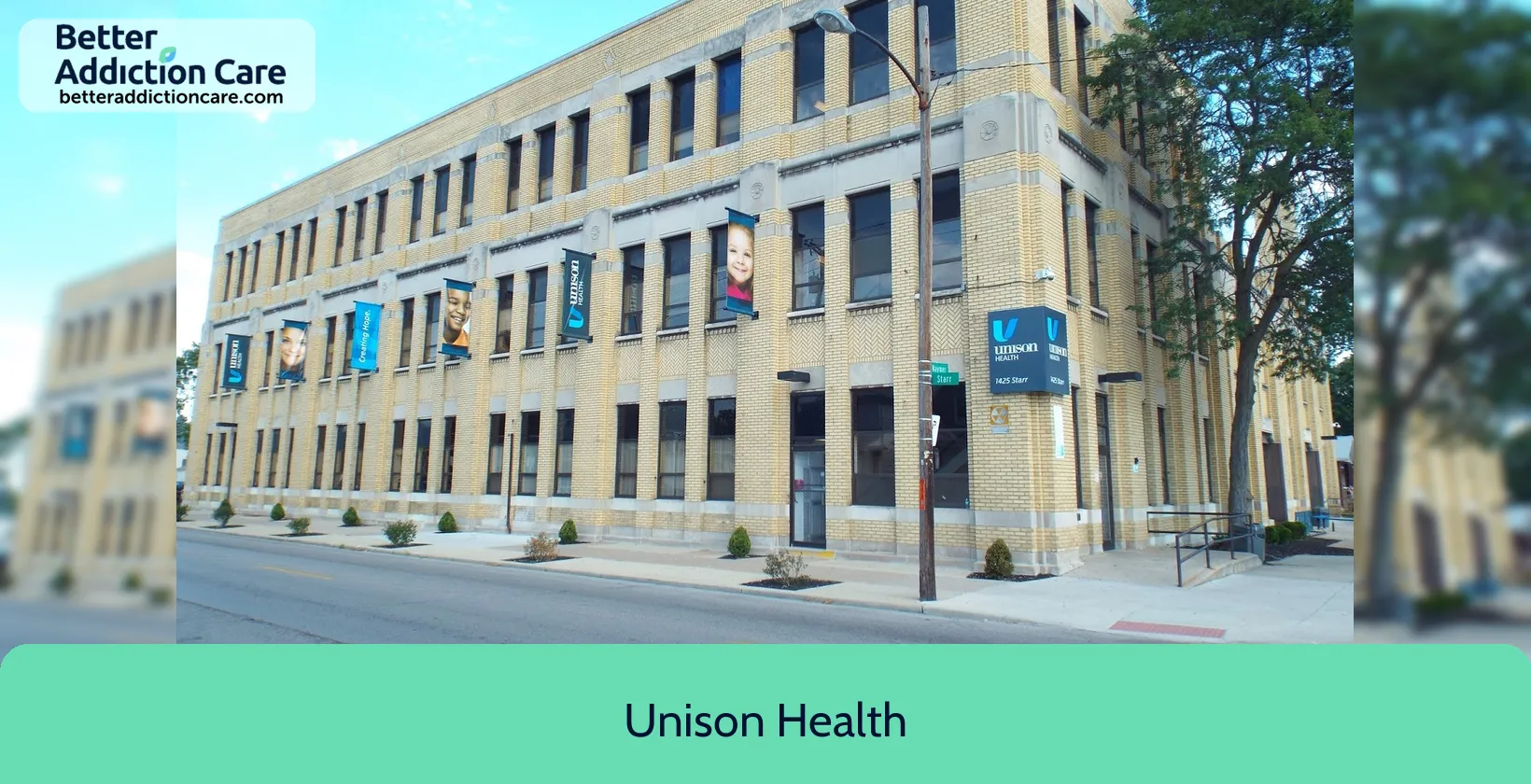
7.09
DISCLAIMER: The facility name, logo and brand are the property and registered trademarks of Unison Health, and are being used for identification and informational purposes only. Use of these names, logos and brands shall not imply endorsement. BetterAddictionCare.com is not affiliated with or sponsored by Unison Health.
